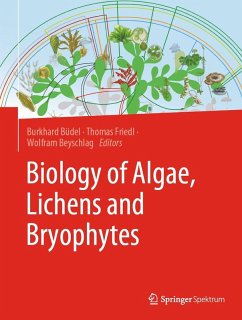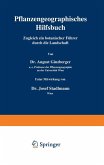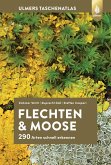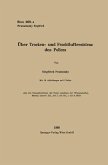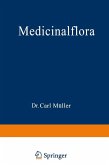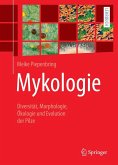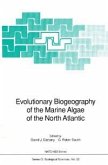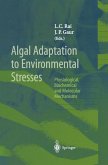As a reader of this book you will become familiar with current, up-to-date comprehensive knowledge about all classes of eukaryotic algae, the cyanobacteria, and symbiotic interactions of algae and cyanobacteria with other organisms. For example, the lichens are symbiotic consortia and a prominent example of a particularly successful 'evolution by cooperation'. We expand even to the beginnings of terrestrial plant life and the bryophytes, which are gradually transmitting to the vascular plants. We collectively call this enormous phylogenetic wealth of photoautotrophic organisms the 'new cryptogams', abandoning the traditional definition of cryptogams. The new cryptogams are all those autotrophic organisms that share being hydro-passive, meaning that they are unable of controlling water uptake or release, in contrast to vascular plants. While being basal of and phylogenetically much more diverse than the vascular plants, the new cryptogams are ecologically highly relevant in all ecosystems of our Planet. They are responsible for more than half of the Earth's annual oxygen production.
The editors Burkhard Büdel, born in 1953, with courses of studies in chemistry and biology at the universities of Darmstadt and Marburg/Lahn, received his doctoral degree from the latter in 1986. Habilitation at the university of Würzburg in 1993. Professorships at the universities of Rostock (1995-1997) and, until retirement (2019), Kaiserslautern. Exploring expeditions to all continents, including both polar regions. Major research fields: ecology and ecophysiology of cyanobacteria, algae, lichens, and bryophytes; systematics and taxonomy of cyanobacteria and lichens.
Thomas Friedl, born in 1960, with courses of studies in biology at the universities of München, Marburg/Lahn, and Bayreuth, received his doctoral degree from the latter in 1989, is professor at the Georg-August-Universität Göttingen since 1999. There he teaches about algae, performs research in the fields of biodiversity, systematics, and culture maintenance of algae and cyanobacteria. He is the scientific director of the renowned culture collection of algae at the university of Göttingen (SAG). Wolfram Beyschlag, born in 1953, with courses of studies in chemistry and biology at the universities of Kiel, Erlangen-Nürnberg and Würzburg. Doctoral degree (1985) and habilitation (1990) at the university of Würzburg. Since 1994 full professor for Experimental and Systems Ecology at the university of Bielefeld. Retired in 2019. Several research projects in the Mediterranean, the Western US, and the Central American Tropics. Main research topics: physiological ecology of higher plants and cryptogams, plant-plant and plant-animal interactions, ecological modelling. Long-term teaching experience on mosses and lichens.
Dieser Download kann aus rechtlichen Gründen nur mit Rechnungsadresse in A, B, BG, CY, CZ, D, DK, EW, E, FIN, F, GR, HR, H, IRL, I, LT, L, LR, M, NL, PL, P, R, S, SLO, SK ausgeliefert werden.
Es gelten unsere Allgemeinen Geschäftsbedingungen: www.buecher.de/agb
Impressum
www.buecher.de ist ein Shop der
buecher.de GmbH & Co. KG
Bürgermeister-Wegele-Str. 12,
86167 Augsburg
Amtsgericht Augsburg HRA 13309
Persönlich haftender Gesellschafter: buecher.de Verwaltungs GmbH
Amtsgericht Augsburg HRB 16890
Vertretungsberechtigte:
Günter Hilger, Geschäftsführer
Christian Sailer, Geschäftsführer
Sitz der Gesellschaft:Augsburg
Ust-IdNr. DE 204210010

